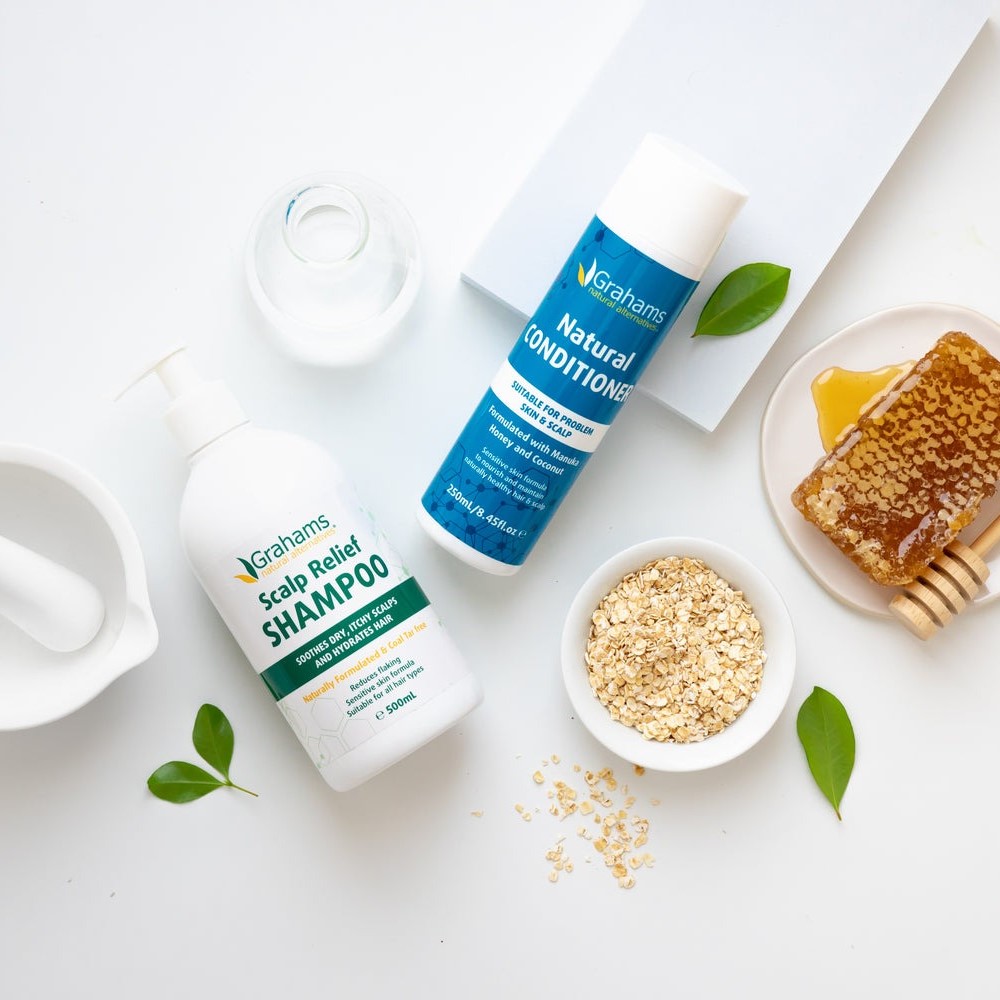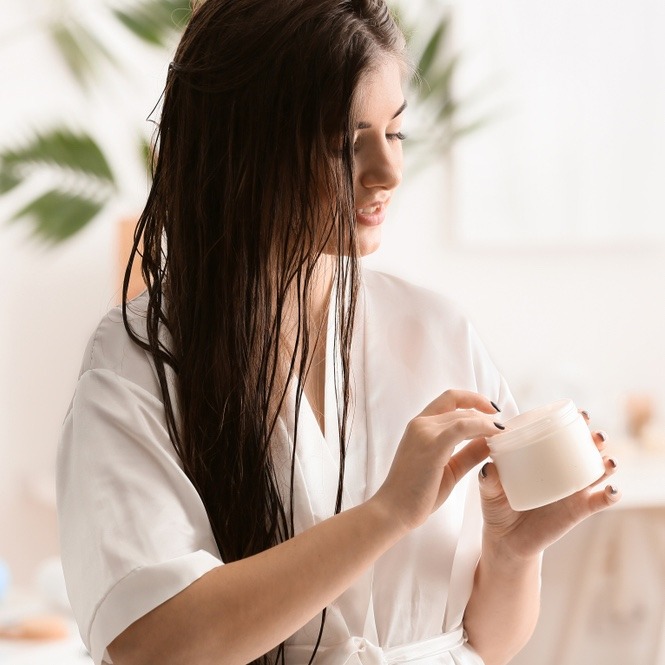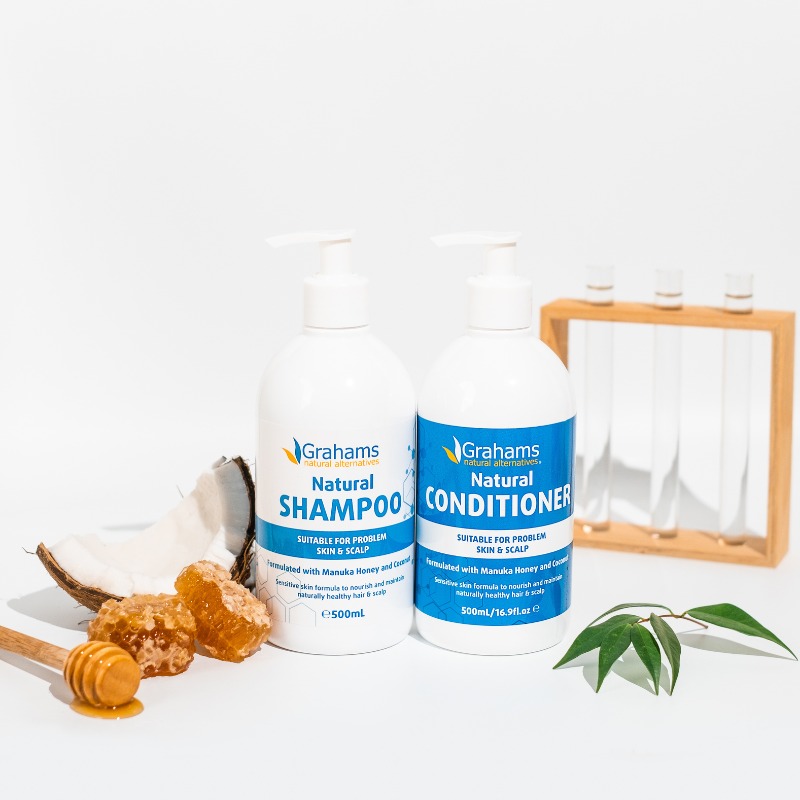The Importance of Natural Ingredients for Hair Health
For lush, healthy hair, natural ingredients can be a game changer. They’re kind to your scalp and hair fibers. Unlike chemical-laden alternatives, natural hair conditioner ingredients nurture and repair. They provide essential nutrients without harsh side effects. Remember, what you apply on your hair can influence its health. Artificial substances may offer temporary smoothness. But, they often lead to long-term damage. Natural ingredients, however, ensure vitality from roots to tips. They also align with eco-friendly lifestyles, reducing chemical runoff into waterways. For hair that glows with health, commit to natural conditioners.
Top Natural Oils for Conditioning Hair
Natural oils are key in any natural hair conditioner. They deeply nourish and repair hair. Some top natural oils include:
- Coconut Oil: It penetrates the hair shaft. Coconut oil boosts moisture and adds shine.
- Argan Oil: Rich in fatty acids, it smooths frizz and enhances softness.
- Jojoba Oil: Mimics the scalp’s natural oils. Jojoba moisturizes without weighing hair down.
- Olive Oil: Full of antioxidants, it strengthens and protects the hair.
- Almond Oil: This oil is a powerhouse for hydration. It also reduces breakage.
Each oil has unique benefits. They work well for different hair needs. Choose oils that match your hair’s porosity and texture. Experiment with oils or blend them. Find the perfect mix for your hair. Natural oils keep hair healthy and strong. Add them to your hair care routine for best results.
DIY Hair Conditioner Recipes with Kitchen Ingredients

Creating a natural hair conditioner at home is both rewarding and simple. Many kitchen staples can double as nourishing treatments for your mane. You can mix and match ingredients to suit your hair’s unique needs. Here are some easy DIY recipes to start with:
- Avocado and Olive Oil Conditioner: Mash one ripe avocado and mix with two tablespoons of olive oil. Apply this creamy paste to your hair, focusing on the ends. Leave it on for 20 minutes before rinsing thoroughly.
- Egg and Honey Mask: Beat an egg and blend it with a tablespoon of honey. Honey adds shine while egg provides protein. Cover your hair with this mixture for 15 to 20 minutes before washing out.
- Banana and Coconut Oil Mask: Blend a ripe banana with two teaspoons of coconut oil. This combo is perfect for dry hair. Spread it through your hair and let it sit for half an hour then rinse off.
- Yogurt and Lemon Rinse: Mix a cup of plain yogurt with the juice of one lemon. Yogurt smooths while lemon clarifies. Apply this to your hair for about 15 minutes then rinse and wash as usual.
- Apple Cider Vinegar and Water Spray: A simple spritz made of one part apple cider vinegar to three parts water can work wonders on hair’s pH balance. Spray it on after shampooing, let it sit for a few minutes, and then rinse it out.
Each recipe uses natural ingredients, which are gentler on your hair and scalp than many store-bought options. Remember, patch tests are advisable before trying a new product on your scalp. With these kitchen ingredient recipes, incorporating natural hair conditioner into your hair care routine becomes easy and effective. Enjoy discovering what your hair loves!
How to Choose the Right Natural Conditioner for Your Hair Type
Selecting the ideal natural hair conditioner depends on your unique hair type and needs. Here are steps to help you choose wisely:
- Identify Your Hair Type: Is your hair straight, wavy, curly, or coily? Each type responds differently to various ingredients.
- Check Hair Porosity: Determine how well your hair absorbs and retains moisture. This influences which oils and ingredients will work best for you.
- Consider Hair Health: Is your hair dry, damaged, or oily? Choose conditioners with ingredients that address these concerns.
- Read Labels Carefully: Look for conditioners with natural oils and ingredients that nourish hair. Avoid harmful chemicals like sulfates and parabens.
- Patch Test: Try a small amount of conditioner on your hair to ensure you don’t have an adverse reaction.
- Ask for Recommendations: Consult with friends or hair professionals who also use natural hair care products.
Remember, what works for someone else may not work for you. Focus on ingredients known to be effective for your hair type. For instance, coconut oil can be great for dry and brittle hair, while argan oil may be ideal for frizzy and thick locks. Aloe vera can soothe the scalp, while honey can add sheen and moisture to dull hair. Through careful selection and trial, you’ll find your perfect match in the realm of natural hair conditioners.
The Role of Essential Oils in Hair Conditioning
Essential oils in hair care bring more than a pleasing fragrance. They offer unique therapeutic benefits. These potent extracts can enhance the natural conditioning process. They support scalp health and hair growth. When blended with a natural hair conditioner, they work miracles. Let’s explore how these oils contribute to hair conditioning.
- Tea Tree Oil: It helps in cleansing and unclogging hair follicles. This promotes healthy scalp conditions.
- Lavender Oil: Known for its calming effects, it also promotes hair growth. It soothes the scalp and reduces dandruff.
- Peppermint Oil: Stimulates circulation to the scalp. This can lead to stronger, healthier hair growth.
- Rosemary Oil: Its use may improve hair thickness and growth. Rosemary oil is known for its ability to prevent hair loss.
- Chamomile Oil: Offers natural softening properties. It lightens and conditions, giving hair a shiny, smooth texture.
Essential oils should be used in moderation. They are highly concentrated. Always dilute them with a carrier oil before application. For example, mix a few drops of essential oil with coconut or jojoba oil. This makes for a gentler, effective treatment.
It is important to note that some essential oils can cause an allergic reaction. Always conduct a patch test prior to full application. If you have sensitive skin or scalp conditions, consult a professional first. Different hair types will benefit from different oils. Choose according to your hair’s unique needs. Incorporating essential oils can elevate your natural hair conditioner routine. Enjoy the benefits of enhanced hair health and a delightful natural scent.
Benefits of Aloe Vera and Honey in Natural Hair Care

Aloe vera and honey are stars in the natural hair care world. Both ingredients bring unique benefits. Aloe vera is a natural moisturizer. It soothes the scalp and repairs hair. It works for all hair types. This plant has vitamins and minerals that support hair health. Honey is a humectant. It draws moisture into the hair. Honey also adds shine and softness. Together, they fight dryness and damage.
Using aloe vera in natural hair conditioner helps balance scalp pH. It can reduce dandruff too. Honey’s antioxidant properties can protect hair. Over time, they can also prevent scalp issues. Use them in DIY recipes. Or look for them in store-bought conditioners. Your hair will feel softer and look healthier.
Remember to seek out pure forms of these ingredients. They should be free from additives. This ensures you get their full benefits. With regular use, aloe vera and honey can transform your hair. They are nature’s gifts for beautiful, resilient tresses.
Understanding Silicone-Free Conditioners and Their Benefits
When seeking the best for your hair, going silicone-free is a wise move. Silicone-free conditioners are crafted without synthetic silicone compounds. Many favor these for a more natural approach to hair care.
Here’s why you might choose a silicone-free conditioner:
- Promotes Healthier Hair: Without silicones, your hair can breathe and maintain natural moisture balance. This leads to healthier, more vibrant hair over time.
- No Buildup: Silicones can create buildup over time, weighing down hair. Without them, your hair stays lighter and free from residue.
- Better Moisture Penetration: Silicone layers can prevent moisture from reaching hair shafts. With silicone-free conditioners, natural oils and moisture can penetrate better.
- Enhances Hair Texture: Natural ingredients in silicone-free products cater to your hair’s authentic texture. Whether curly or straight, they can help enhance its natural beauty.
- Eco-Friendly: Many silicone-free conditioners use biodegradable ingredients. This means less environmental impact than their silicone-based counterparts.
Remember, just because a product is silicone-free doesn’t mean it’s the best fit for everyone. Test silicone-free conditioners and gauge how your hair responds. It might take some experimenting to find the right natural hair conditioner for your needs. But the potential benefits for your hair and the environment make it a journey worth taking.
Incorporating Natural Hair Conditioners into Your Hair Care Routine

To embrace the full benefits of natural hair conditioner, make it a regular part of your hair care regimen. Begin by selecting a suitable natural conditioner, based on the guidelines previously discussed, that matches your hair’s unique needs and type. Here’s a straightforward approach to incorporating natural hair conditioners into your routine:
- Start with Clean Hair: Always apply conditioner to freshly washed hair. This ensures that nutrients penetrate effectively.
- Use Appropriate Amounts: Avoid the temptation to overuse the product. A small amount, usually the size of a dime or quarter, is adequate.
- Focus on the Ends: The ends of your hair are the oldest and most damaged. Concentrate conditioner here rather than the scalp to prevent oiliness.
- Leave it On: Allow the conditioner to sit on your hair for a few minutes to maximize absorption. Each product may have specific recommendations for duration.
- Rinse Thoroughly: Make sure to rinse your hair well. This helps avoid residue that can weigh your hair down and reduce shine.
- Regular Use: For best results, condition your hair regularly. This might mean after every shampoo or less frequently if your hair is easily weighed down or oily.
- Adjust as Needed: If you notice any changes in your hair, adjust your conditioner use. You may need to switch formulas or alter how often you condition.
In addition to using natural conditioners, consider periodic deep conditioning treatments. This is particularly beneficial if you have dry, brittle, or damaged hair. Finally, listen to your hair and be willing to adapt your approach as needed. What works wonders for your hair might not be the same as what works for someone else’s. Keeping a natural conditioner as a staple in your hair care routine can lead to gorgeous, healthy locks over time.
